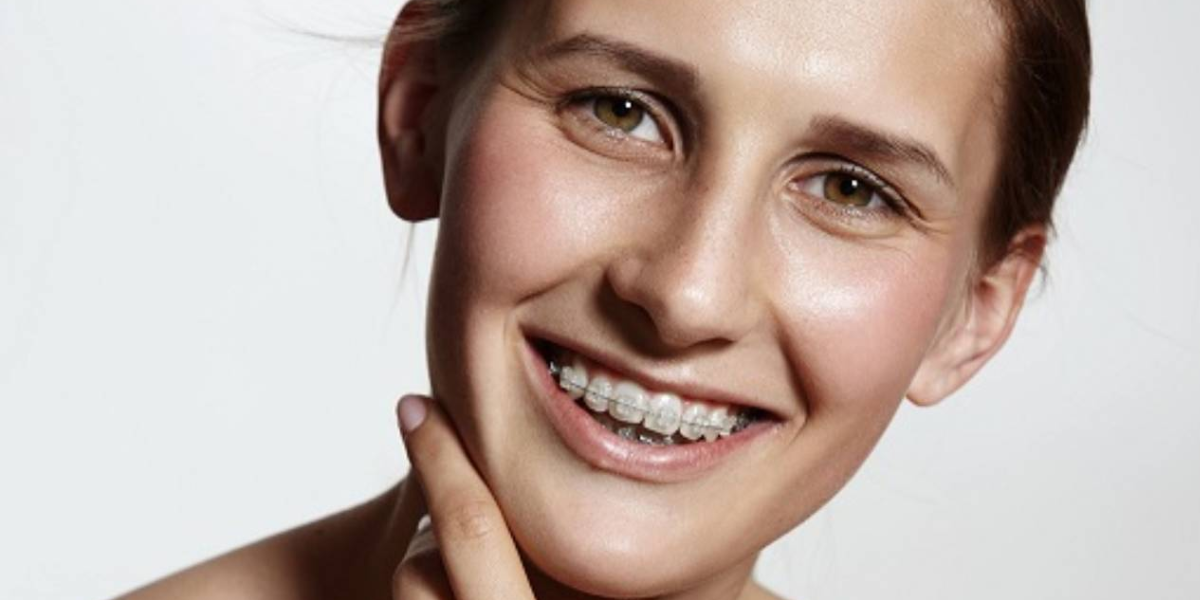Teeth Cap Types: Discover the Best Options for You
- Aug 27, 2024
Are You Considering a Tooth Cap but Confused About Which Type Suits You? Here’s a Comprehensive Guide to Help You Decide on the Ideal Cap
What is a Tooth Cap?
Teeth Caps are protective coverings placed over the decayed tooth. They restore the shape and size of the tooth and maintain its function, beautifully concealing all the imperfections of the tooth. Teeth caps are also called Dental Crowns.
The Essential Role of Tooth Caps
It plays a crucial role in strengthening and restoring the function of decayed teeth.

Types of Tooth Caps
Dental crowns are crafted using various materials like ceramics and metals. Different materials serve different purposes. On the basis of aesthetics and function, let's classify them:
.png)
Ceramic Crown
Zirconia CrownsIt is the most premium cap amongst all the others. It is widely known to deliver celebrity-like smiles. It is made from zirconia dioxide. It matches the natural tooth colour. They come in various shades of natural teeth. They have good translucency and seamlessly blend with the other existing dentition. The cost of Zirconia crown ranges between Rs 6000 to Rs 20,000. The cost differs by quality of zirconia stone used to make the teeth cap.
Benefits:
It is highly crack-resistant. It is stable under thermal changes and doesn't take up stains.
It does not wear off the opposite tooth and is good at taking loads. It causes no allergies.
Disadvantages:
It is difficult to match the tooth's natural shade with Zirconia stone. It must be customized to match the translucency and shade without hampering your smile.
These crowns are made from tooth coloured ceramics. It is widely accepted by people as it gives a life-like appearance to the caps. The cost of porcelain cap lies between Rs 8000 to Rs 25,000. Your dentist decides the cost of each crown based on lab cost and overhead costs.
Benefits:
It is reasonable as compared to Zirconia caps. Porcelain caps are aesthetically appealing and possess adequate strength.
It is highly recommended for both front and back tooth restorations.
Disadvantages:
Ceramic caps can chip off after some time. It is opaque, unlike Zirconia caps. If the cap shade does not match the existing teeth, then it may give an unnatural appearance.
Emax crowns are made from lithium disilicate. It easily blends with other existing natural teeth. It is one of the most expensive caps. It is better than Zirconia crowns, as it is lightweight and sturdier.
Benefits:
These crowns are highly durable and match the natural teeth. It is recommended for front teeth restorations. It is highly crack-resistant. If you plan to invest in dental crowns, Emax crowns are for you. Disilicate caps do not cause allergies. It does not oxidize in the mouth and is more stable. It provides more mechanical strength than porcelain caps.
Disadvantages:
Emax crowns are slightly more expensive than other dental crowns.
In this porcelain material is lined with metal on the inner side of the cap, so it is also called Metal Ceramic Crown. Metal improves mechanical strength and prolongs the shelf-life of the dental crown and porcelain cap gives a natural appearance to the teeth. The cost typically ranges between Rs 6000 to Rs 12,000 per crown.
Benefits:
Dentists recommend PFM caps to patients who have heavy biting habits. Metal increases the durability of the restoration.
Disadvantages:
Sometimes, metal may get exposed in PFM caps. The metal may cause allergies to many. Patients must remove PFM crowns to undergo an MRI scan.
Metal Crown
Gold CapsIt is made from gold alloys which do not match the natural tooth colour. Gold caps were practiced two decades ago. Few metal alloys like palladium and nickel are added to gold to increase its strength. The price of gold caps begins at Rs 12,000 and onwards. It is expensive due to the high prices of gold and the extensive crafting process.
Benefits of Gold Caps:
The gold caps are tough and durable. It requires less tooth preparation. It can last up to ten to fifteen years.
Disadvantages of Gold Caps:
The golden colour of the crown is visible and less aesthetically appealing than Porcelain and Zirconia caps. Since gold is a precious metal, it is very expensive compared to other restorations.
These crowns are the oldest and most durable restorations in the world of dentistry. Nickel and chromium are strong and corrosion-resistant, which makes them reliable. Precision Casting methods produce accurate metal caps in less time than traditional methods. It costs less, around Rs 3500 to Rs 5000.
Benefits:
Dental metal crown have superior mechanical strength. It can easily withstand oral environments.
It is reasonable as compared to other non-metal caps.
Disadvantages:
These dental caps are no longer used as they are highly visible in the mouth. Sometimes, patients experience metal allergies, so it is discontinued.
These crowns are designed using laser. Layer by layer of metal powder is sintered using laser technology. The laser sintering machine uses high power 200 watts, Yb-fiber Optic Laser. These caps possess higher mechanical strength than traditional metal caps. The DMLS crown are 3D printed using Computer-Aided-Designs (CAD) data. Once the framework is ready it is polished and cleaned with machines.
Benefits:
DMLS caps have an excellent marginal fit, which ensures minimal leakage and reduced chances of tooth re-infection.
The thickness and fit can be customized precisely unlike conventional metal caps.
Disadvantages:
DMLS Caps are highly visible and noticeable, which doesn’t support aesthetically.
It is more expensive than traditional metal caps.
How Do You Choose the Right Tooth Cap for You?
Selecting the appropriate tooth cap involves considering several factors:
Location of the Tooth: Dentists recommend Zirconia, porcelain or E-max caps for front teeth. These are aesthetically appealing. For back teeth Porcelain fused metal crowns are suggested. These caps can tackle heavy masticatory forces.
Budget: Your dentist shall help you decide the right dental cap according to your budget. Metal crowns are cheaper than non-metal caps.
Good Shelf-life:Zirconia and PFM crowns are highly durable. It is recommended for patients who have bruxism. Their mechanical strength with natural appearance makes them the preferred choice.
Preserve Natural Smile: Porcelain and zirconia crowns easily blend with surrounding natural teeth.
Cost: Zirconia and Porcelain crowns are slightly more expensive than others, but due to their natural appearance, it is worth investing in them. These caps last for at least ten to fifteen years if maintained properly.
Material Sensitivity: Metal caps, though they are robust, but aesthetically not accepted by people. Many of us are sensitive to nickel in metal caps, hence it is advised to use non-metal caps.
Maintenance of Tooth Caps
Dental crowns may last up to fifteen or more years if maintained properly.
Regularly Brush and Floss: Clean your teeth regularly with a soft bristle toothbrush to prevent plaque buildup around the teeth and dental caps. Flossing removes accumulated food particles between them and keeps gums healthy.
Regular Dental Check-ups: Visit your dentist at least twice a year for a deep cleaning of the teeth. It enhances the lifespan of dental caps.
Avoid Staining of the Crowns: Rinse your mouth after meals or beverages to avoid staining the caps.
Do Not Bite on Hard Food Items: Though dental crowns are strong enough to withstand strong masticatory forces, avoid unnatural forces.
Takeaway
Now, you can confidently select a tooth cap that will align with your dental needs. Always prioritize the appearance and longevity of the dental crowns. The dentist very much recommends zirconia, Porcelain and E-max crowns. Visit your dentist today to discuss the dental cap options and take the first step towards a healthy smile.
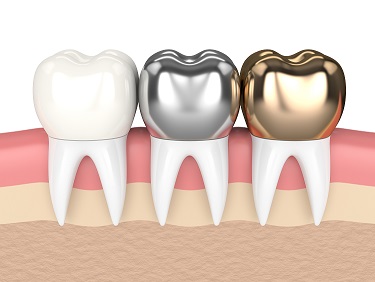
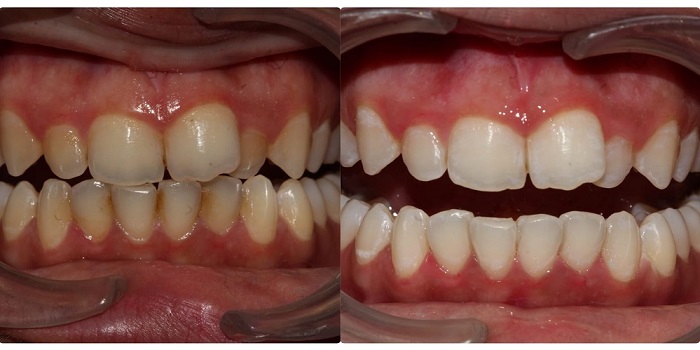

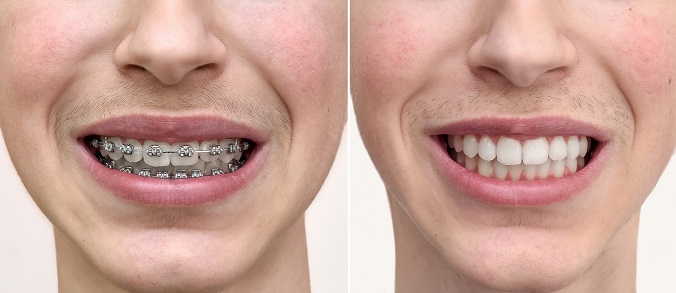

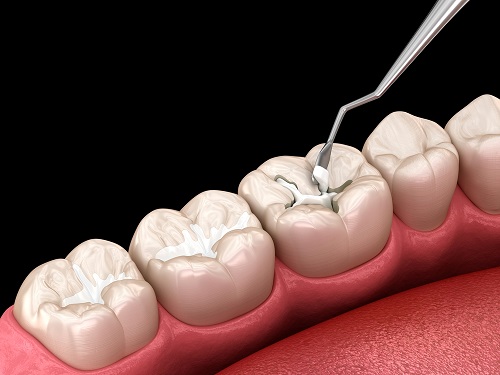
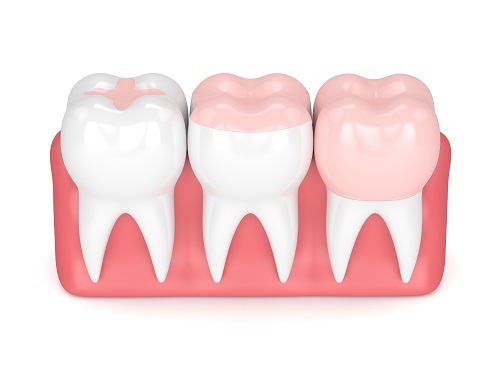

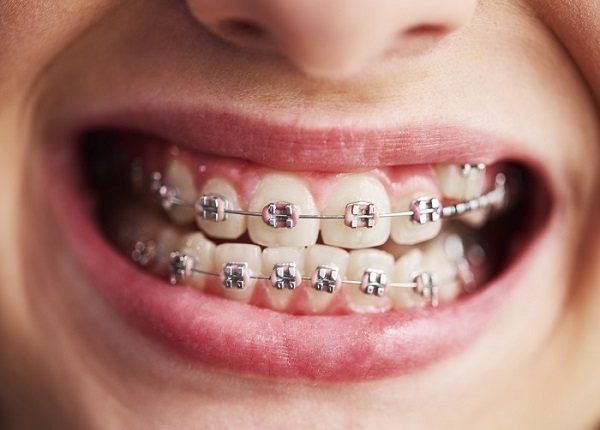
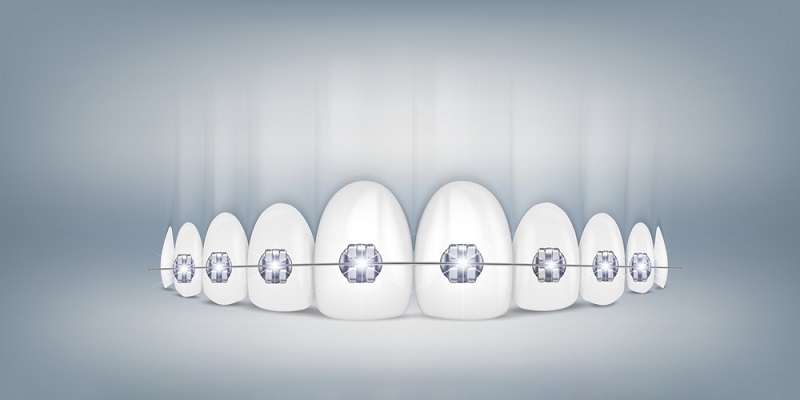
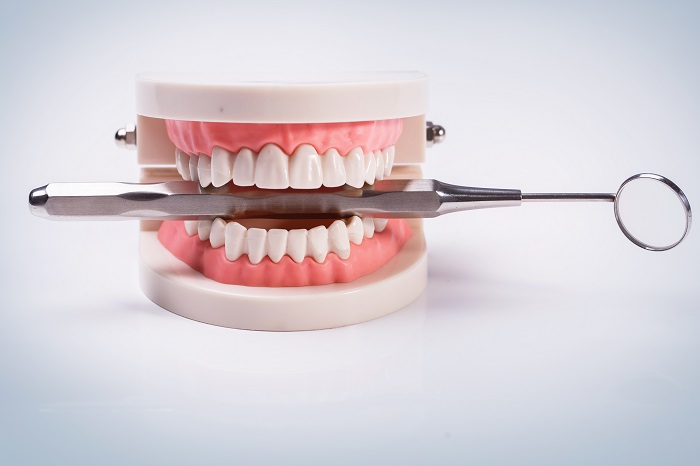
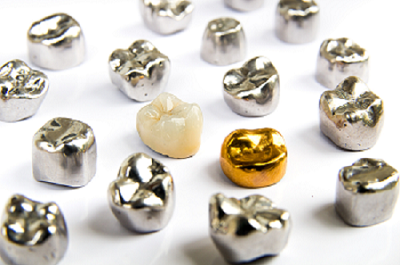
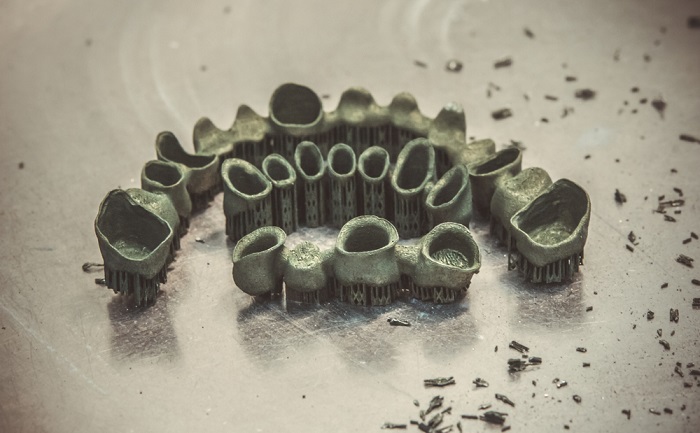
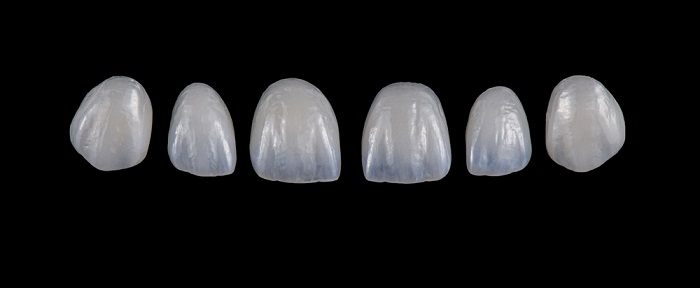
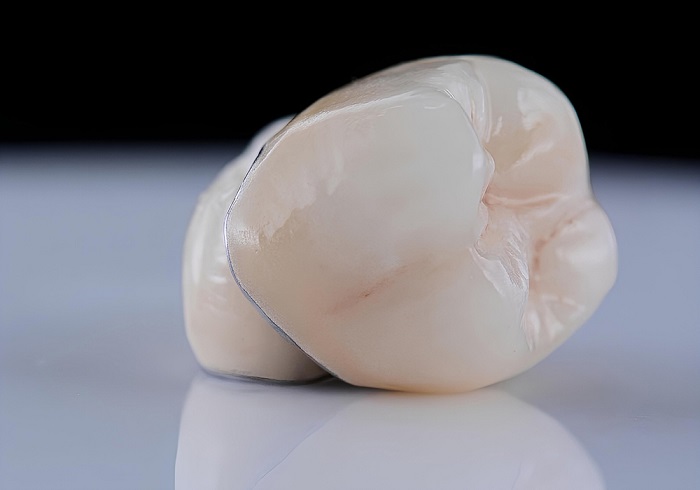
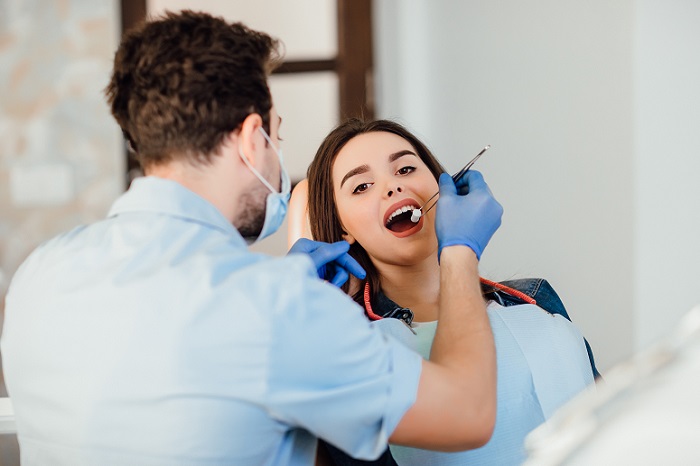
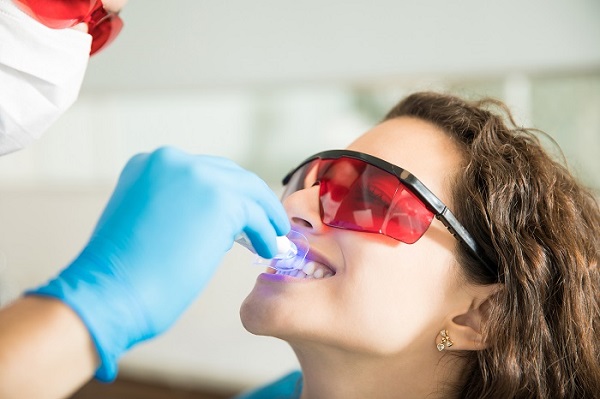
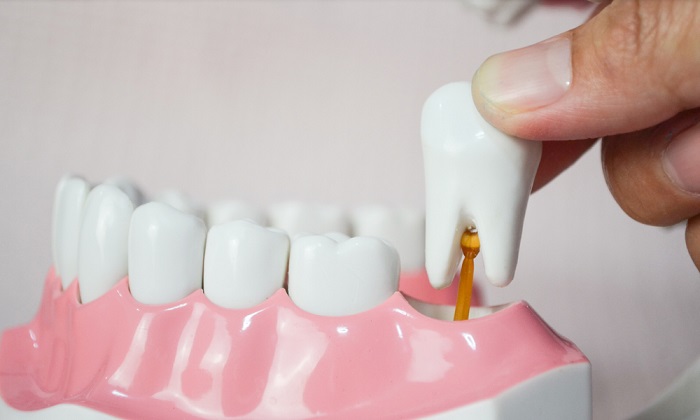
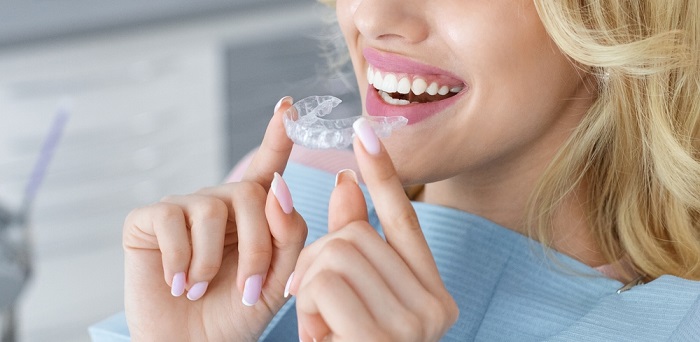
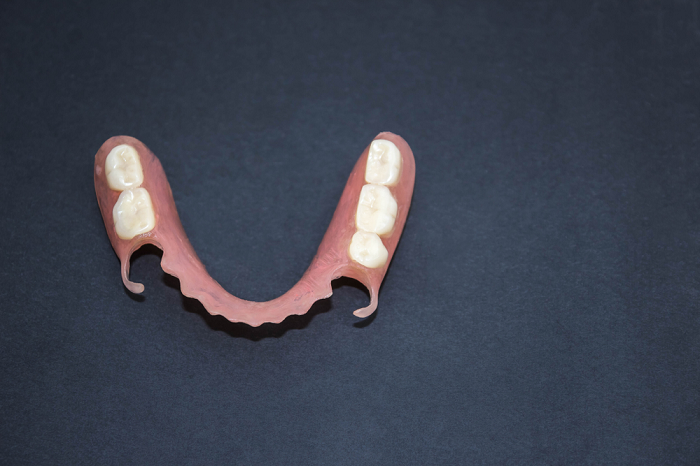
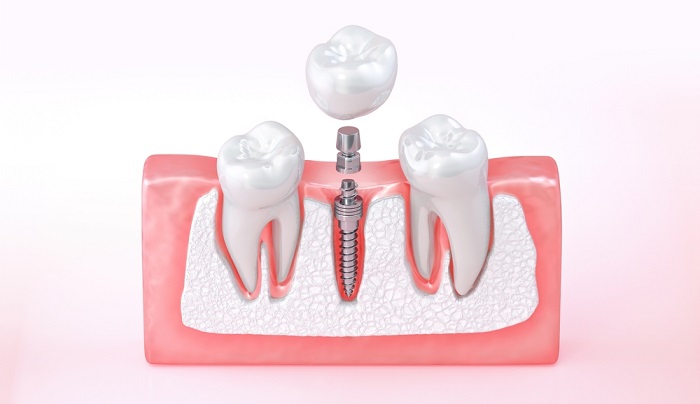
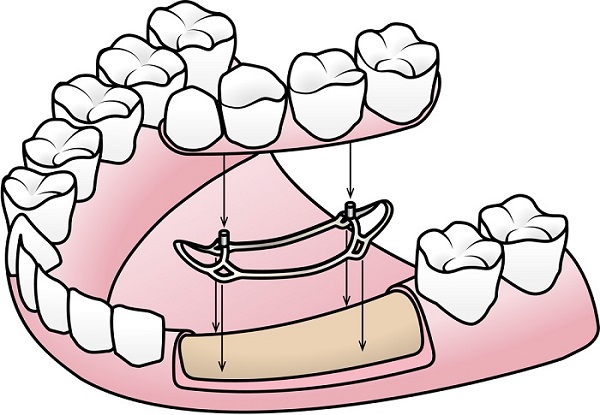
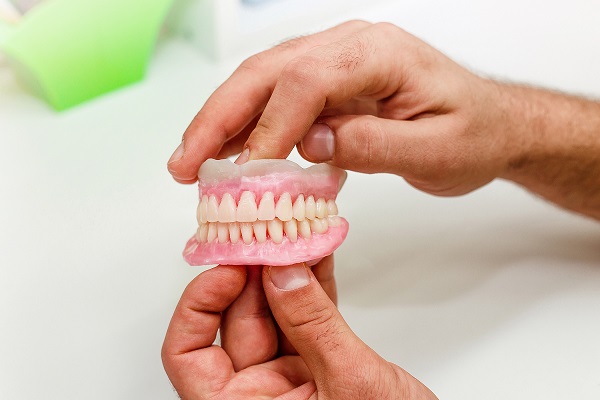
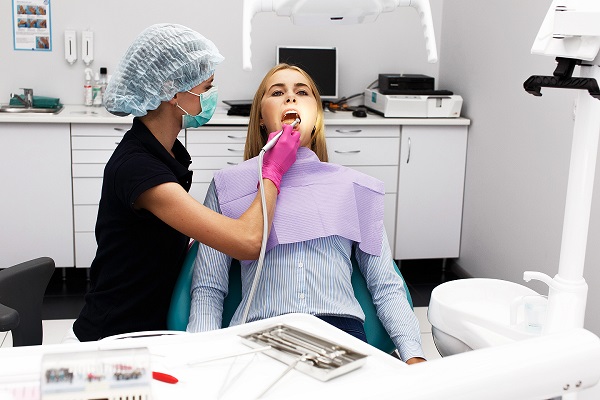
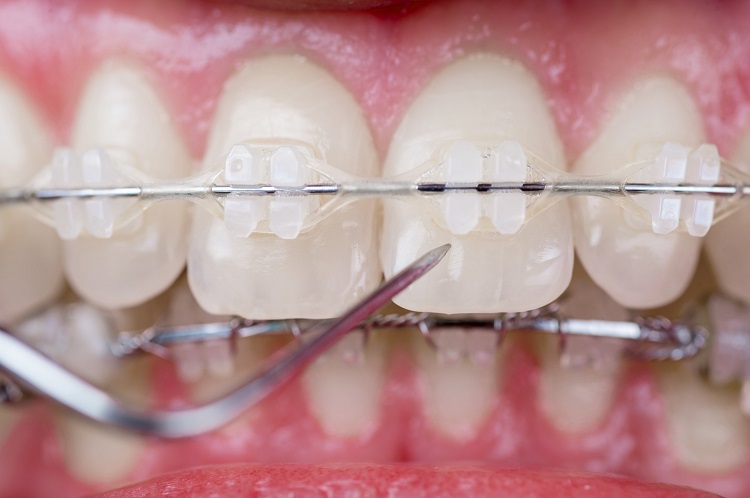
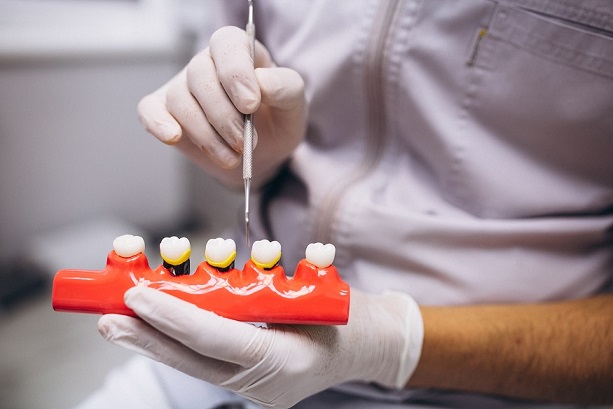
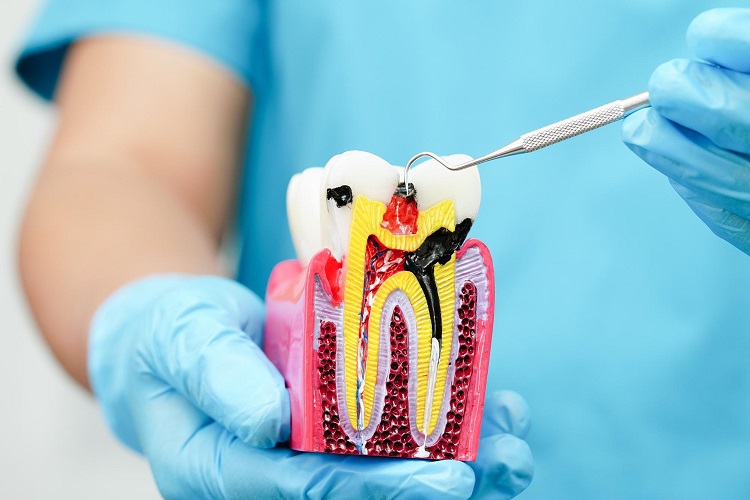
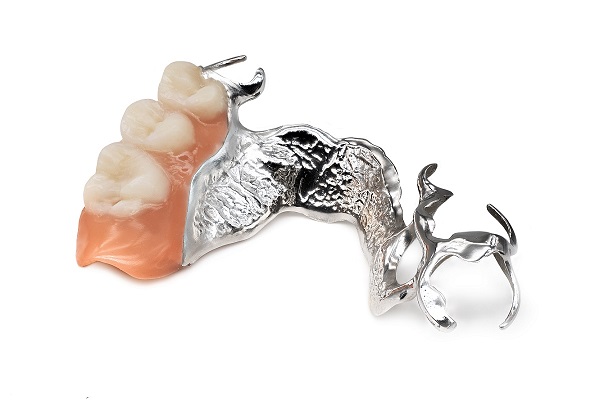
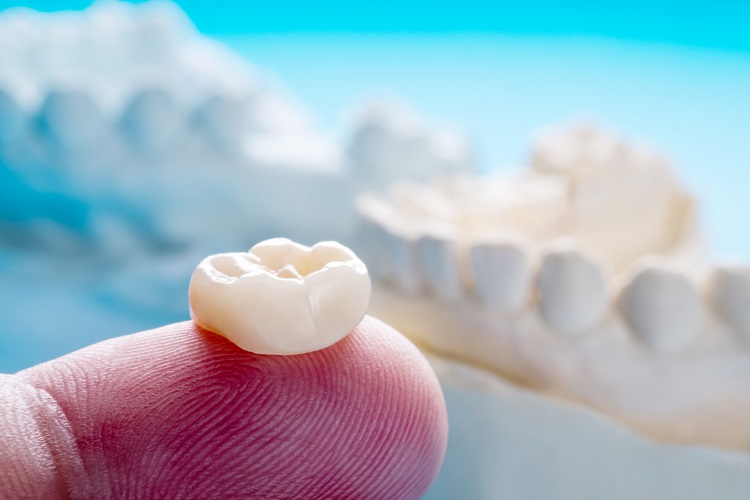
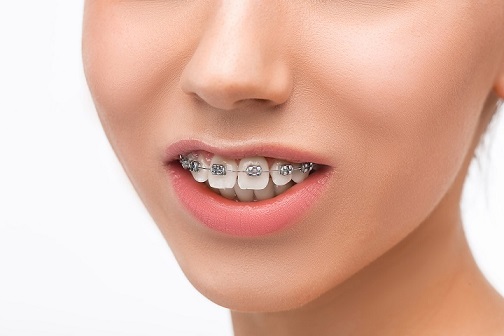
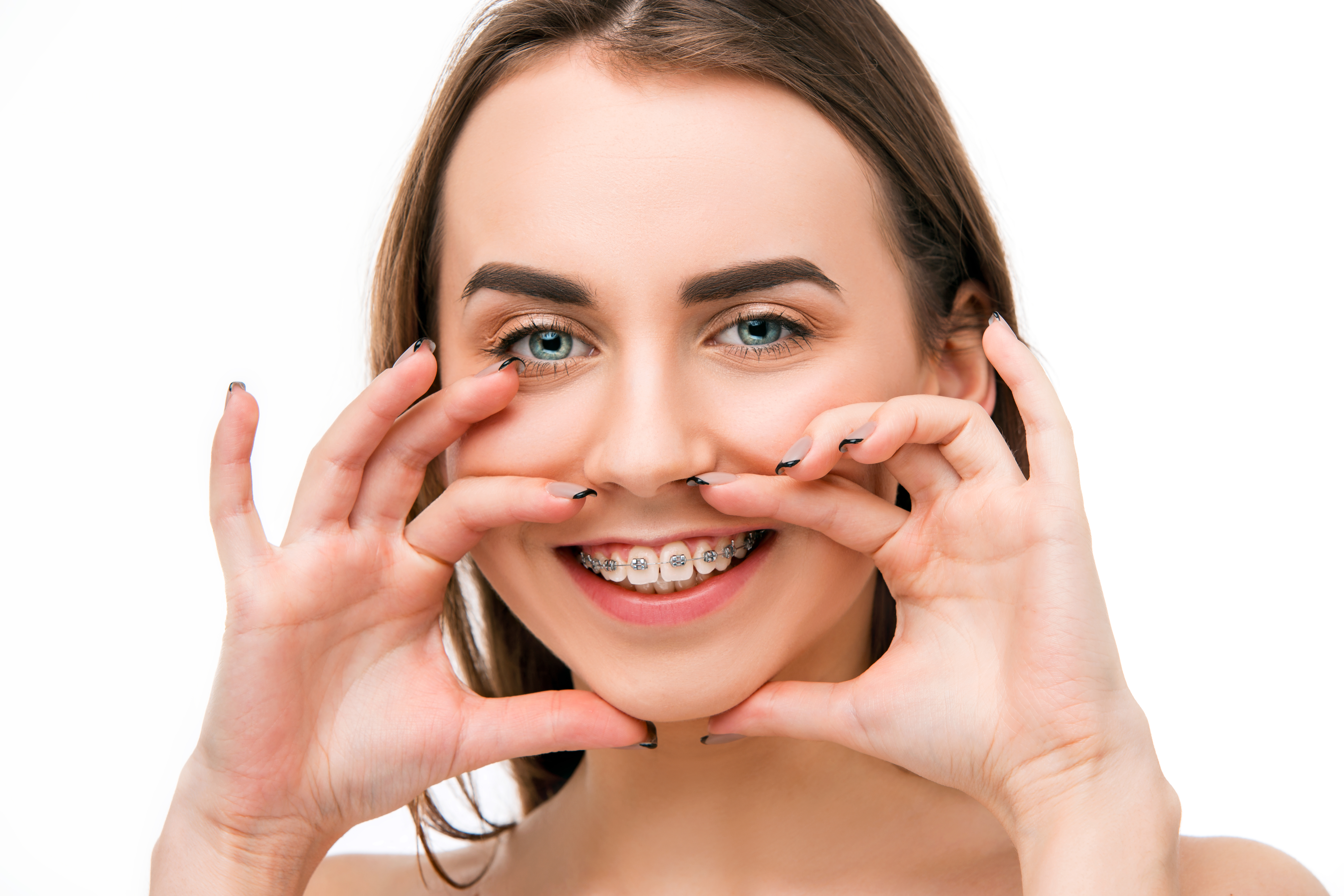
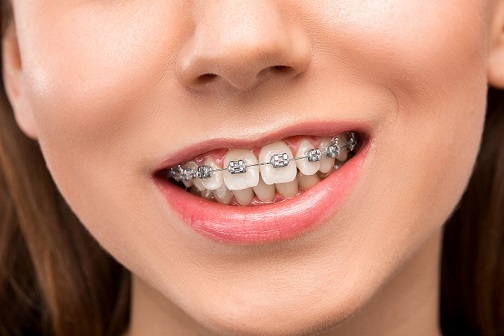
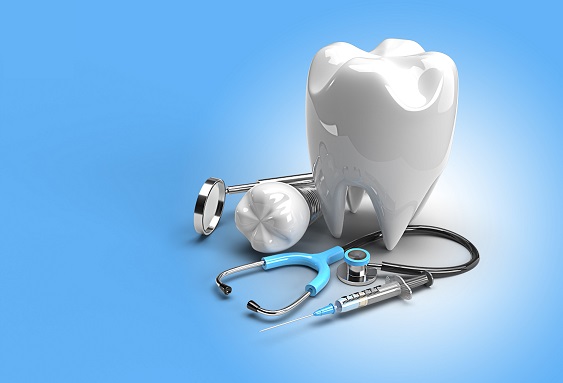
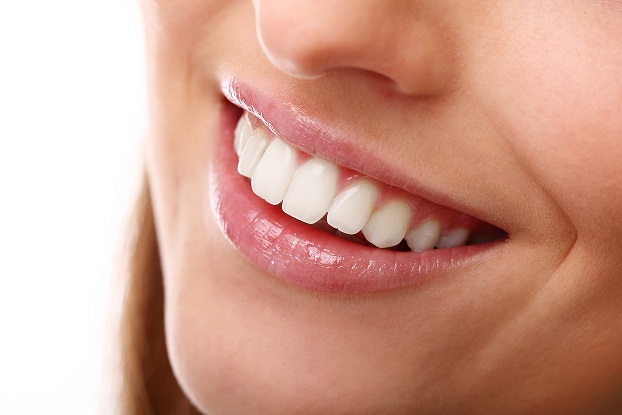
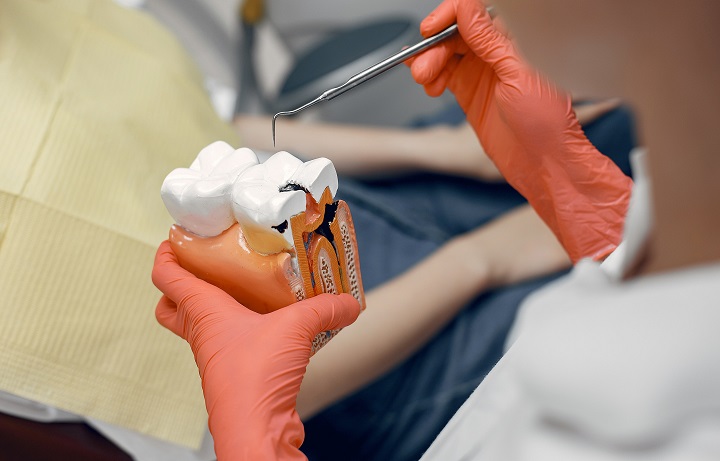
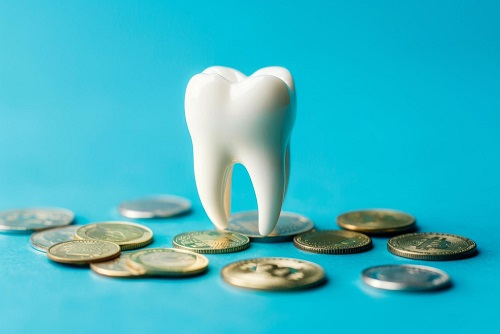
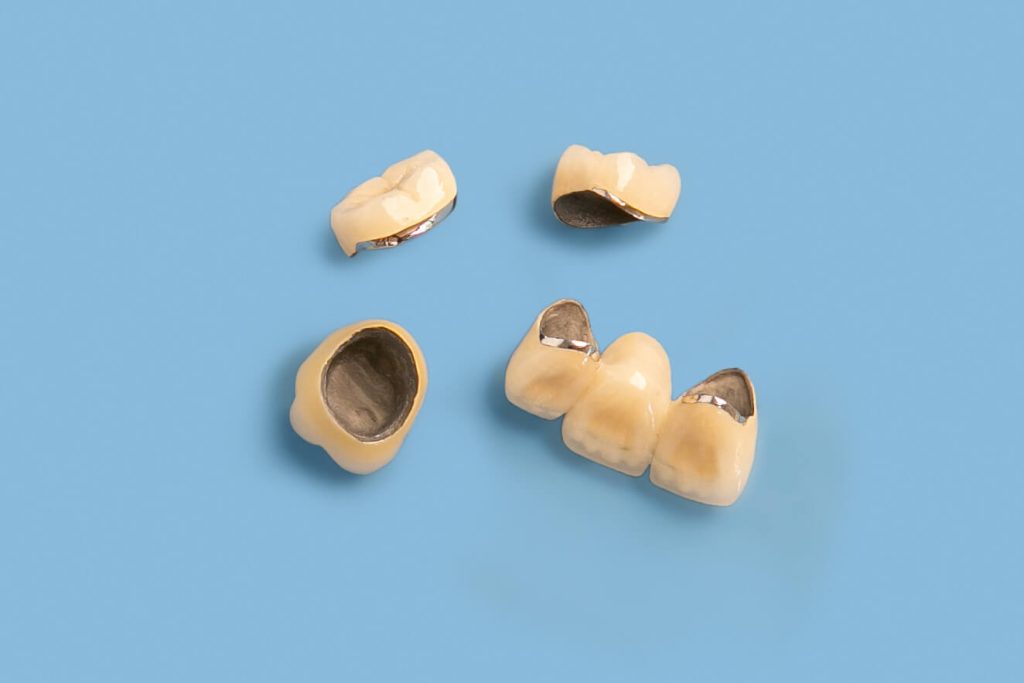
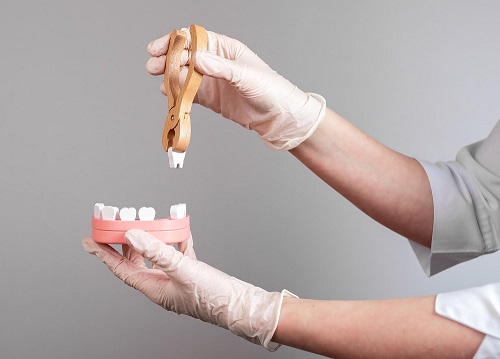
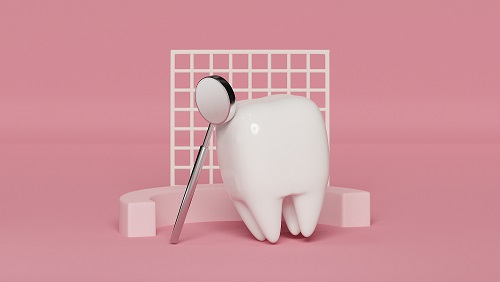
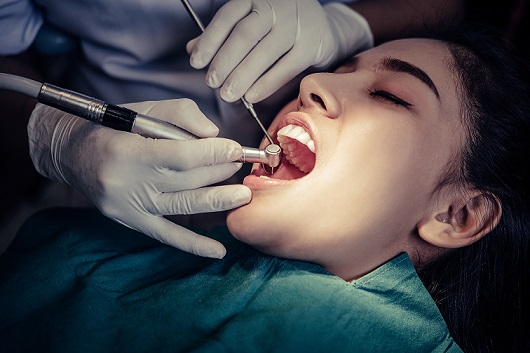
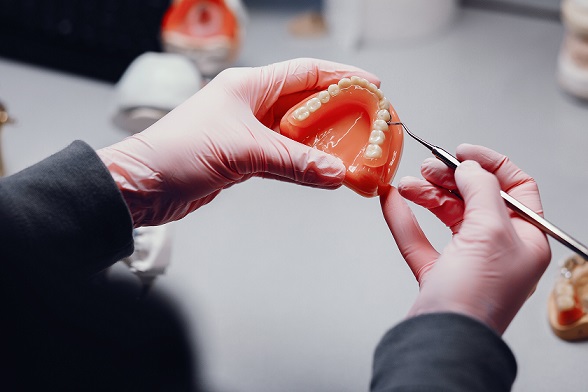
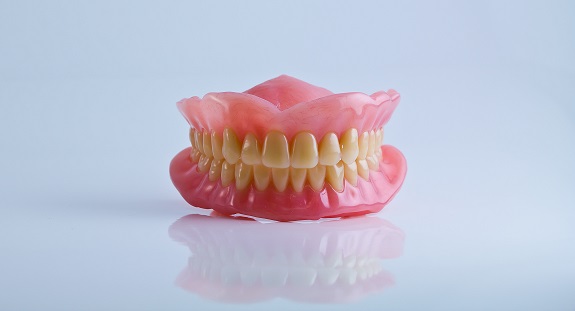
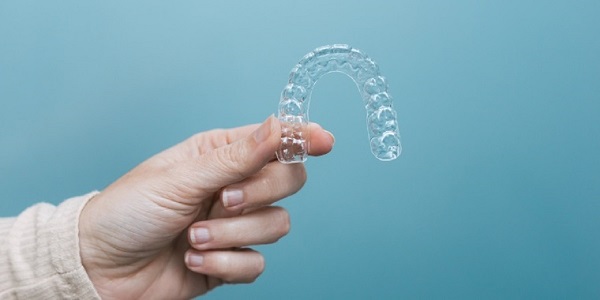
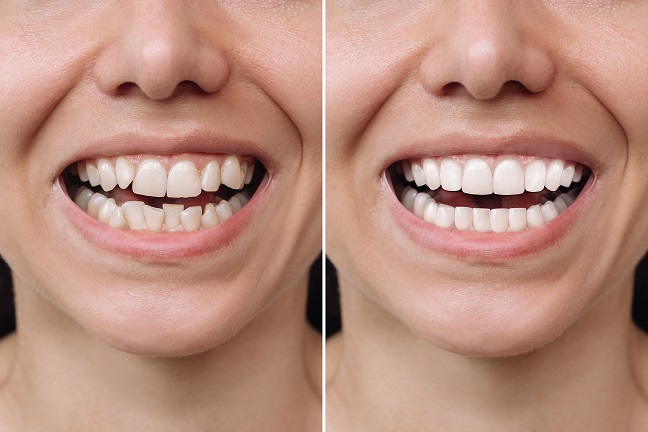
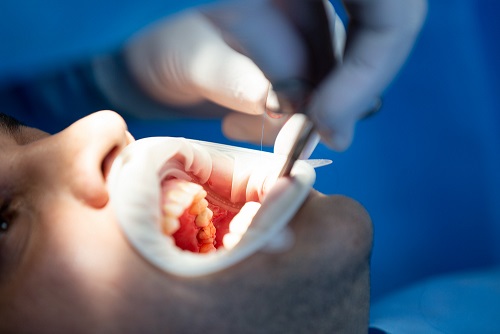
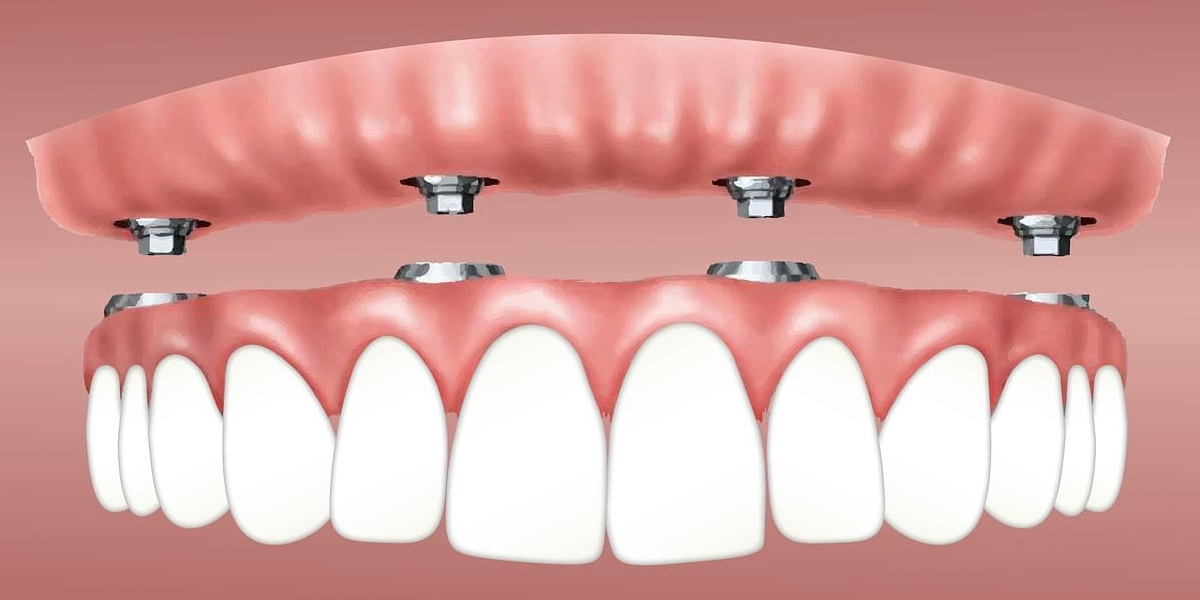
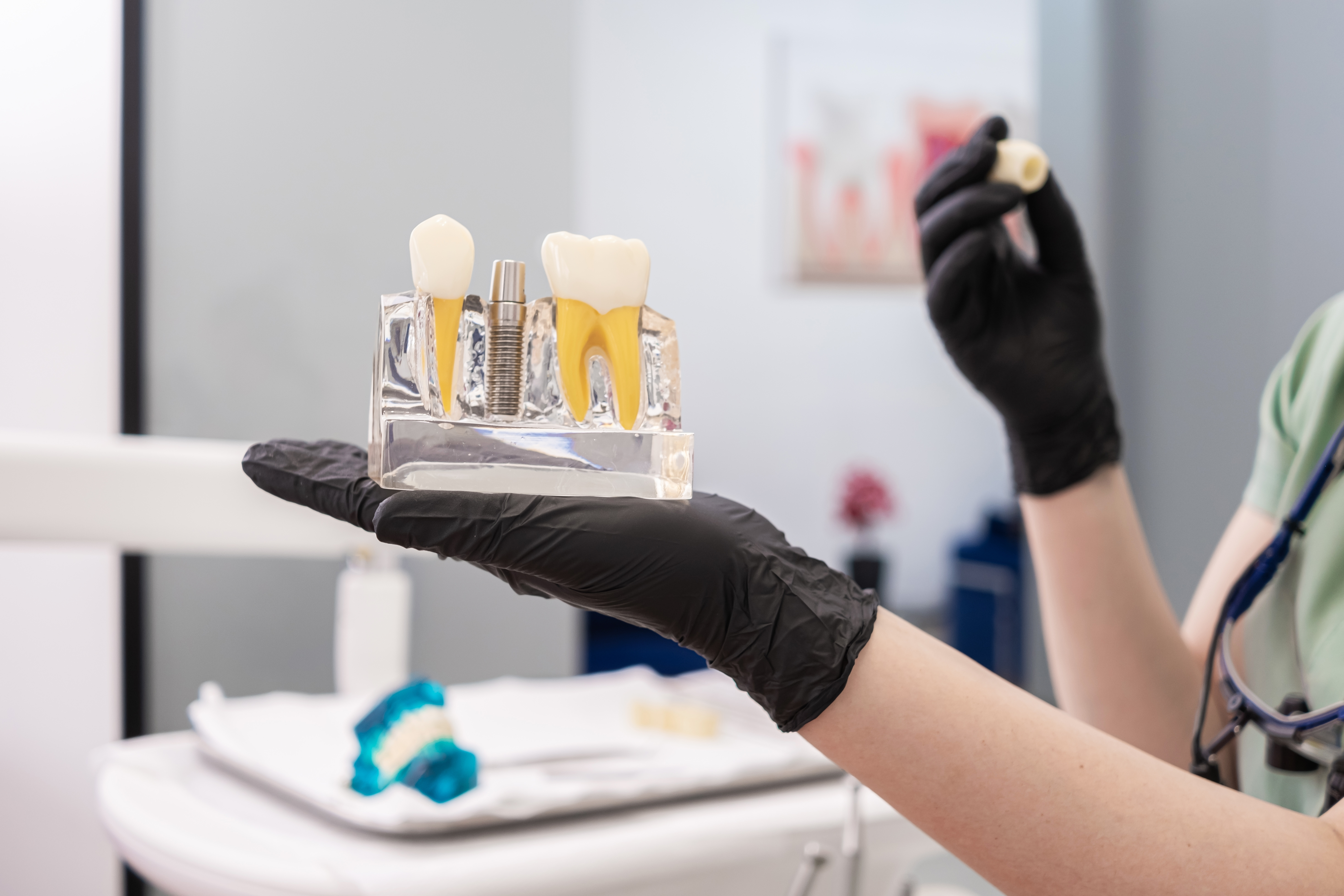
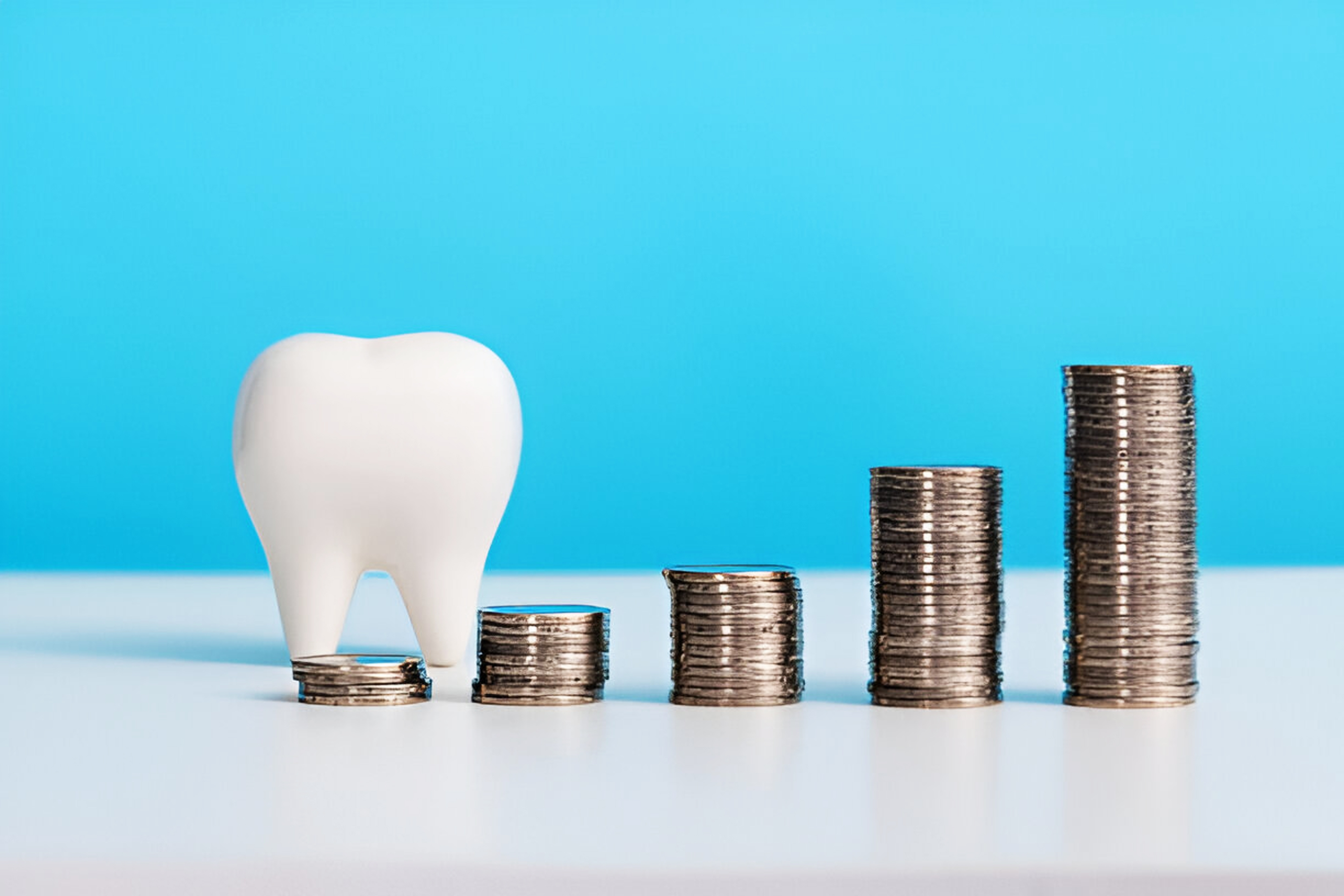
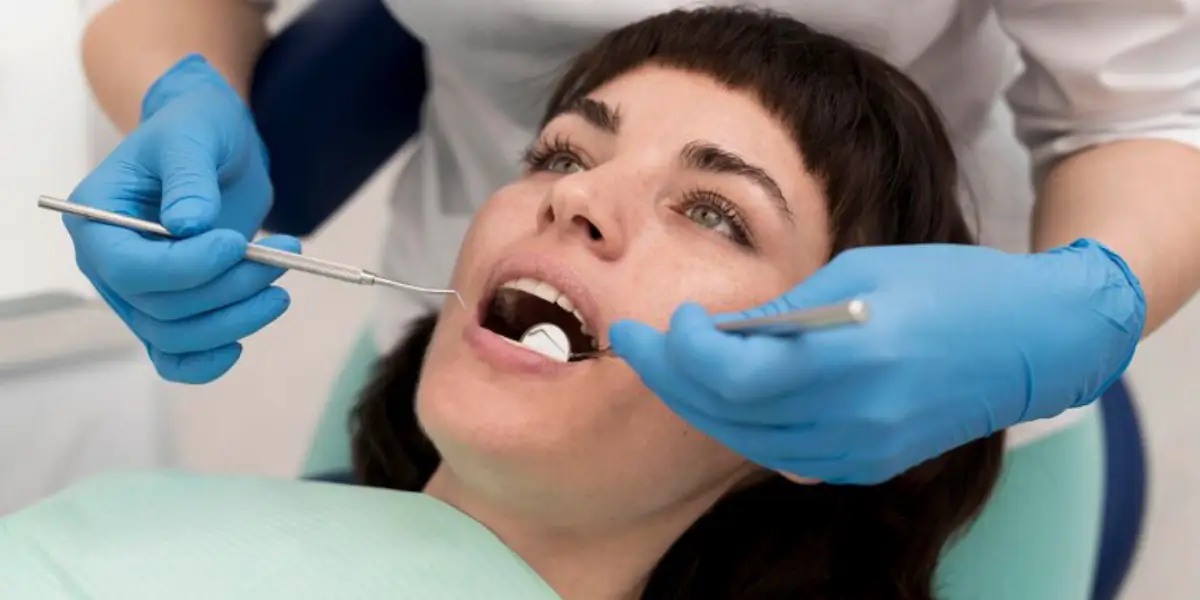
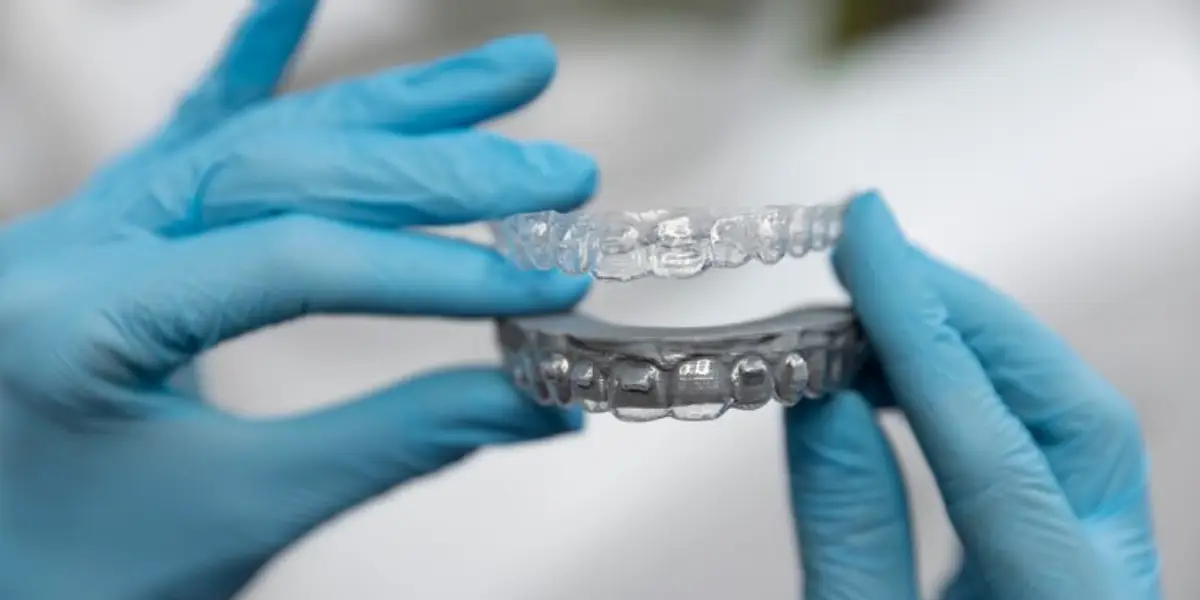
.jpg)
.jpg)
